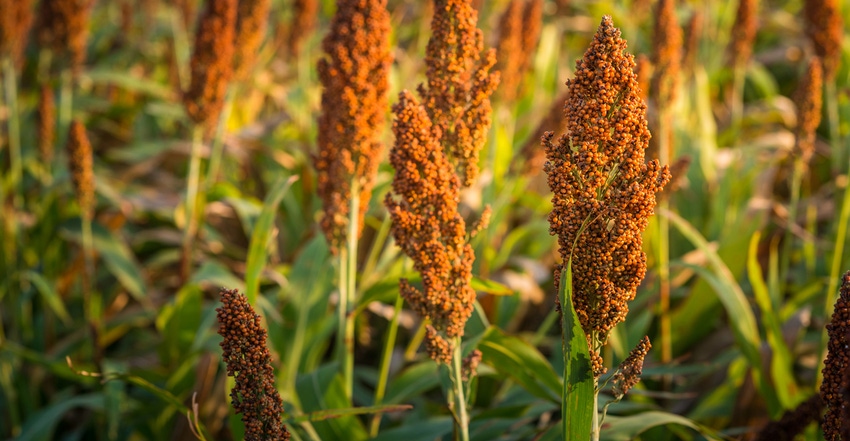July 26, 2019

Have you ever thought about who we’re really competing with in agriculture in the U.S.?
I’m not talking about who you think I’m talking about. While the efficiencies of contiguous 10,000-acre fields on which Brazilian farmers can double- and sometimes even triple-crop and the sheer productivity of the farmland around the Black Sea do present challenges for U.S. farmers over the long term, our biggest adversary isn’t a country, a pest or even the weather.
Our fight is against mathematics. Fortunately, even though math is often our worst enemy, it can also be our best friend.
Think about it. When you buy crop insurance, who decides what your premium will be? While “Risk Management Agency” is technically a correct answer, the ultimate authority on crop insurance premiums is a team of actuaries. Actuaries are statisticians focused on setting insurance premiums commensurate with the risk of being insured. They help guarantee insurance companies generate enough in premium to cover any losses that might occur, and let me tell you, they’re really good at it.
Starting a crop insurance agency was one of the smartest strategic moves the NSP board ever made because it has given us a completely new perspective on risk. I know a few farmers who have never collected on their crop insurance policies. They buy optional units, 85% coverage and all the endorsements and buy-ups that’ll fit on an application, but they’ve never collected despite paying a small fortune in premiums each year.
Don’t get me wrong, this isn’t necessarily a failure of the current crop insurance system. It doesn’t mean insurance companies are taking advantage of farmers, either. After all, insurance companies are assuming a lot of risk and deserve to be compensated for this service. But the fact is math dictates the premiums farmers are paying.
So, why shouldn’t those same farmers use math to determine how much crop insurance they really need? They should, and we’re beginning to see a transition among our customers from a “set it and forget it” mentality to a “bang for the buck” mentality.
The same holds true in areas such as marketing. In his February 2018 column, my predecessor wrote about a customer he has in West Texas continuous cotton country who has a 98% chance to produce at least 500 bales. In a 40-year career, that’s only one year of production of less than 500 bales.
Given his knowledge of a near-statistically certain outcome, this farmer is now much more aggressive marketing today than he was just a couple years ago. Good thing, too — the computer programs largely driving futures markets today run on math. So why shouldn’t farmers like this one use math to drive their sales? They should!
I could go on and on. U.S. agriculture is being flooded with investments in technology aimed at helping farmers be more profitable, and math is at the center of it all. From determining the best hybrid for a given environment to prescribing fertility treatments that accurately reflect soil conditions, math can radically increase productivity. Just remember, math can be your worst enemy just as easily as it can be your best friend, so don’t forget to use it to ensure your profitability — not just your productivity.
Don’t make the mistake of thinking you need to calculate all this by yourself. And don’t avoid thinking about things in terms of math just because you aren’t sure how to calculate probabilities. It’s been my experience that a farmer’s gut is a pretty good statistician, and my software largely confirms and quantifies what many farmers are already thinking. However, if you do want to generate the hard data behind your risks, call me. I’m always happy to help crunch numbers!
Duff is a strategic business director for National Sorghum Producers. He can be reached by email at [email protected] or find him on Twitter @sorghumduff.
About the Author(s)
You May Also Like






